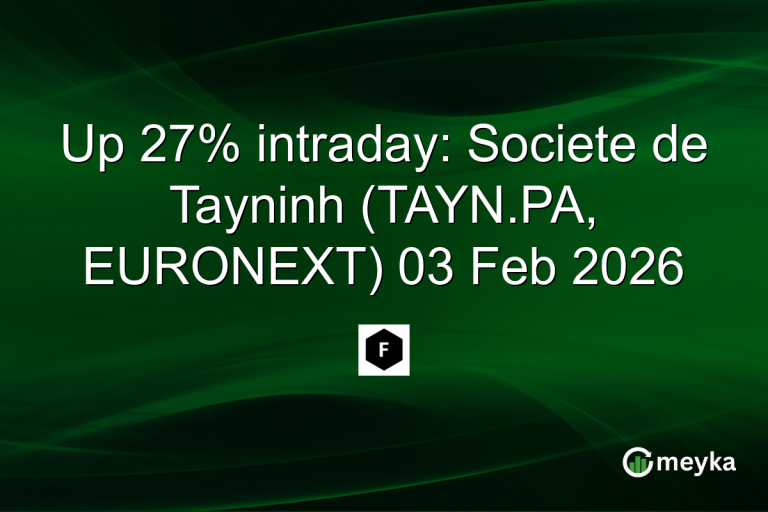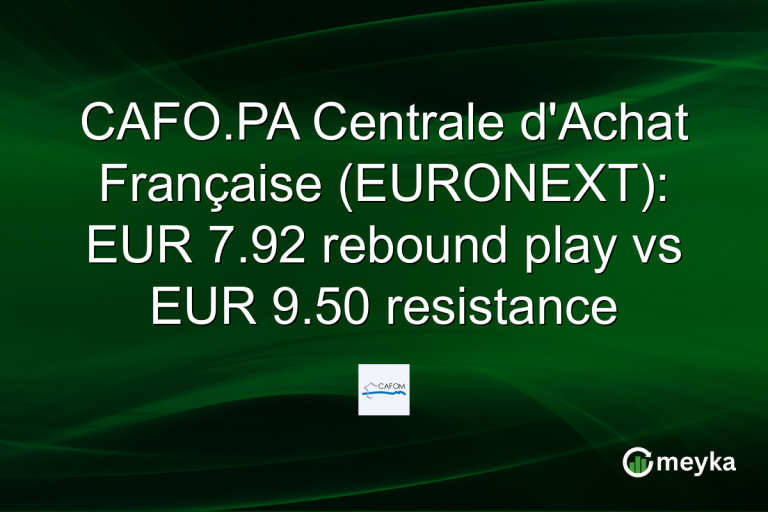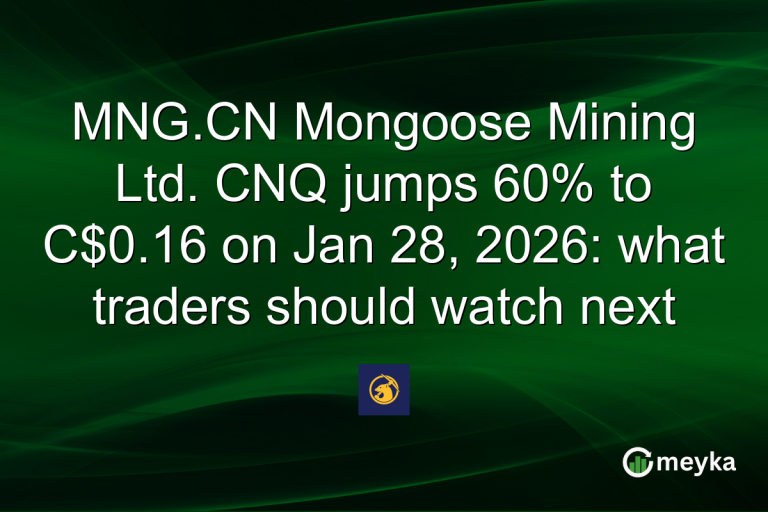Edeka AB InBev Dispute Today: Supply Chain Challenges and Investor Insights
The ongoing dispute between Edeka and AB InBev is creating ripples in the beer market, potentially affecting popular brands such as Beck’s and Corona. As Europe’s largest supermarket chain, Edeka is battling price increases imposed by AB InBev, the world’s largest brewer. This disagreement has led Edeka to cut back on orders, risking supply disruptions. With beer supply chain tensions growing, this standoff offers insights into supermarket price negotiations and poses risks to beer brands.
Continue Reading on Meyka
This article is available in full on our main platform. Get access to complete analysis, stock insights, and more.
Read Full Article →





